Award Ceremony Spinozalens 2020: Bruno Latour
Bekijk hier de stream terug: https://felixmeritis.nl/programma/award-ceremony-spinozalens-2020-bruno-latour/
On November 24 2020, the French sociologist and philosopher Bruno Latour (1949) will be awarded the Spinozalens 2020 by Mayor of Amsterdam Femke Halsema. The evening is organised by the International Spinozaprijs Foundation, the Embassy of the North Sea and Felix Meritis and can be followed via livestream.
Central theme of the Spinozalens cycle 2019-2020 is technology. According to the jury, Bruno Latour is one of the first to interpret technology as a social factor. In addition, Latour had already put sustainability on the agenda in the early 1990s. According to him, non-humans such as seas, plants, animals and microbes have a political voice that must be heard in our democracy. His plea for a “Parliament of Things” is very innovative and leads to a different way of dealing with all that is non-human.
The award ceremony is hosted and moderated by ‘Denker des Vaderslands’ (Thinker of The Netherlands) Daan Roovers. An artistic opening by artists Harpo ’t Hart and Ibelisse Guardia Ferragutti sharpens the senses for speaking with and on behalf of non-humans. This is followed by a lecture by Daphina Misiedjan in which she explains the concept of “The Parliament of Things” in relation to human and environmental rights. Daan Roovers will moderate a discussion with Bruno Latour fueled by questions that international thinkers Donna Haraway, Chantal Mouffe and Peter Paul Verbeek have prepared specifically for this occasion. After the presentation of the Spinozalens by Mayor Halsema, Latour will give a short acceptance speech.
The evening is organized by the International Spinoza Prize Foundation, the Embassy of the North Sea and Felix Meritis and can be followed via livestream here: https://youtu.be/fpc4aoxDBJ8
In the context of the awarding of the Spinozalens to Bruno Latour, the educational and public program Welcome to the Parliament of Things, is launched from 18-27 November at various locations. Read more about this on www.parlementvandedingen.nl
Guests
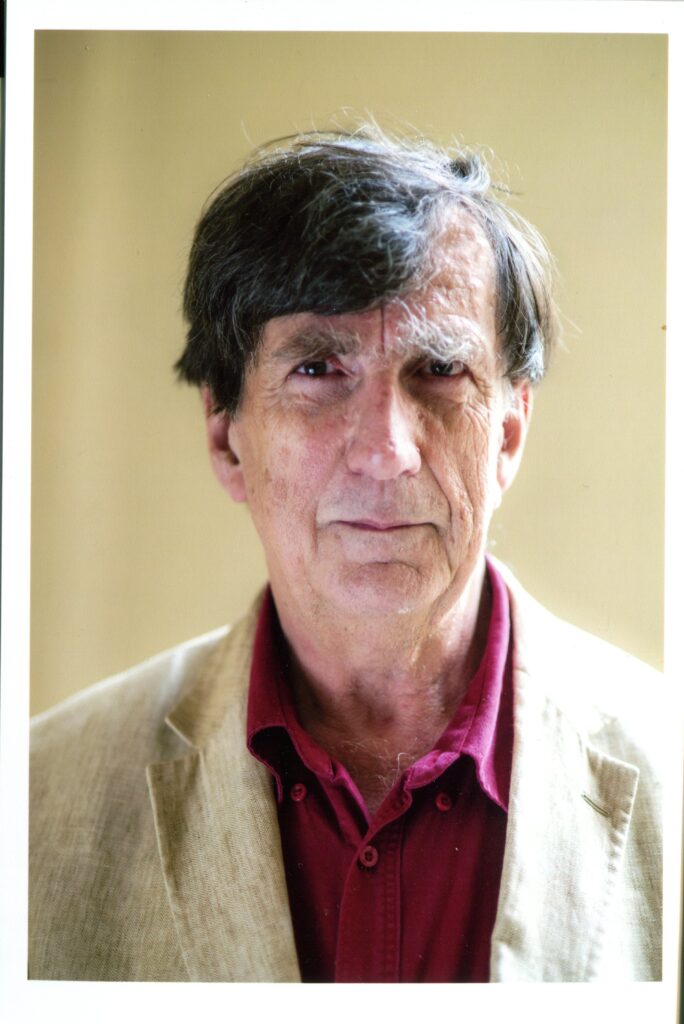
The French sociologist and philosopher Bruno Latour has had a long academic career and is still associated as emeritus. He has become known far beyond his own fields of expertise with books such as We have never been modern (1991), Facing Gaia (2015) and Down to Earth (2017).
According to the jury of the Spinozalens 2020, Latour is one of the first to interpret technology as a social factor. Technology is always embedded in moral and social structures. Not only the user is responsible for the technology he or she chooses, but also its inventor and maker, according to Latour.
In addition, he has already put the theme of sustainability on the agenda in the early nineties. Nature has its own voice that must be heard in our democracy, Latour claims. According to the jury, a very innovative idea, which leads to a different way of dealing with things, with everything that is not human.

Bas Heijne is a writer of fiction, an essayist and a translator.
Heijne graduated from the
University of Amsterdam in English Language and Culture. He is the author of two novels
and collected stories. His collection of essays De wijde wereld (2000) was nominated for the
AKO Literature Prize. Heijne wrote columns for Dutch newspaper NRC Handelsblad from
2001 until 2018. In 2005, he received the Henriette Roland Holstprijs for Hollandse
toestanden (2005), a collection of columns written for NRC.
In 2008 Heijne presented the renowned Dutch television program Zomergasten. On may 18th 2017, Bas Heijne received the prestigious national P.C. Hooftprize for his contemplative prose. In 2018 Heijne made the televisionseries Onbehagen in which he investigates why the ideals of our civilization are under increasing pressure.

Donna J. Haraway is an American biologist and philosopher and Professor Emerita in the History of Consciousness Department and Feminist Studies Department at the University of California, Santa Cruz, United States.
Haraway is the author of numerous books and essays that bring together questions of science and feminism, such as A Cyborg Manifesto: Science, Technology, and Socialist-Feminism in the Late Twentieth Century (1985) and Situated Knowledges: The Science Question in Feminism and the Privilege of Partial Perspective (1988). Additionally, for her contributions to the intersection of information technology and feminist theory, Haraway is widely cited in works related to Human Computer Interaction (HCI). She is also a leading scholar in contemporary ecofeminism, associated with post-humanism and new materialism movements.
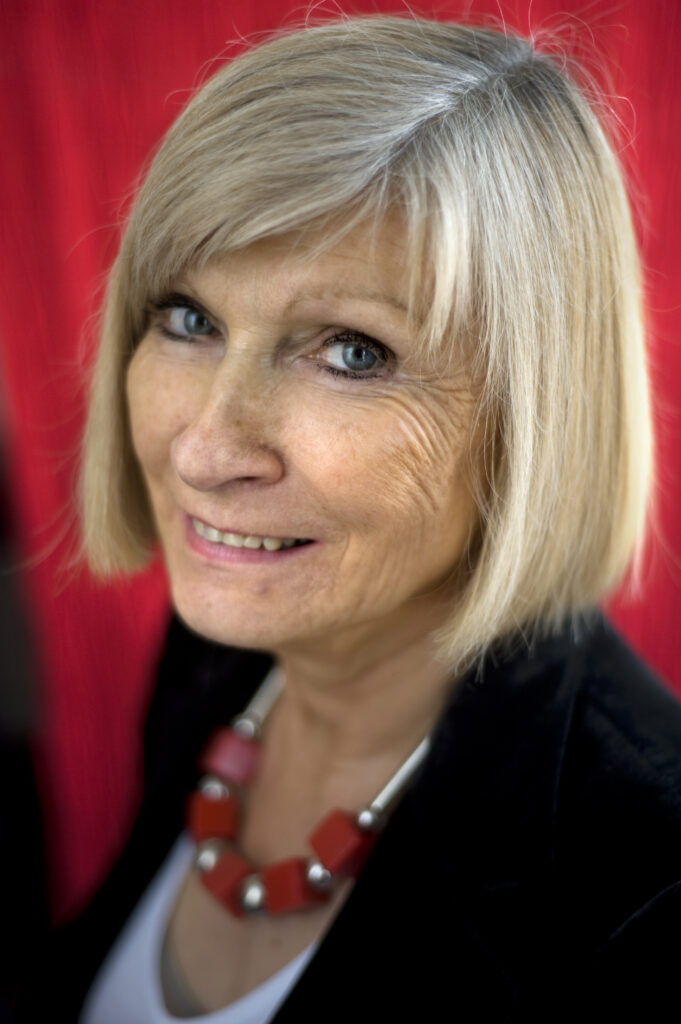
Chantal Mouffe is a political theorist, educated at the universities of Louvain, Paris, and Essex and Professor of Political Theory at the University of Westminster.
She has taught at many universities in Europe, North America and Latin America, and has held research positions at Harvard, Cornell, the University of California, the Institute for Advanced Study in Princeton, and the Centre National de la Recherche Scientifique in Paris.
Between 1989 and 1995 she was Directrice de Programme at the College International de Philosophie in Paris. Her books include Gramsci and Marxist Theory, Hegemony and Socialist Strategy (with Ernesto Laclau), Dimensions of Radical Democracy, The Return of the Political, The Democratic Paradox, On the Political, Agonistics, and Podemos: In the Name of the People (with Íñigo Errejón).

Dr. Daphina Misiedjan (1987) is an assistant-professor at the International Institute of Social Studies and 2020/2021 Fellow at The Netherlands Institute for Advanced Study in the Humanities and Social Sciences. In addition, she is a board member of the Dutch section of the International Commission of Jurists.
Dr. Misiedjan specializes in issues concerning human rights (in particular economic, social and cultural rights) and the environment. Her book is titled: Towards a Sustainable Human Right to Water. Supporting vulnerable people and protecting water resources.
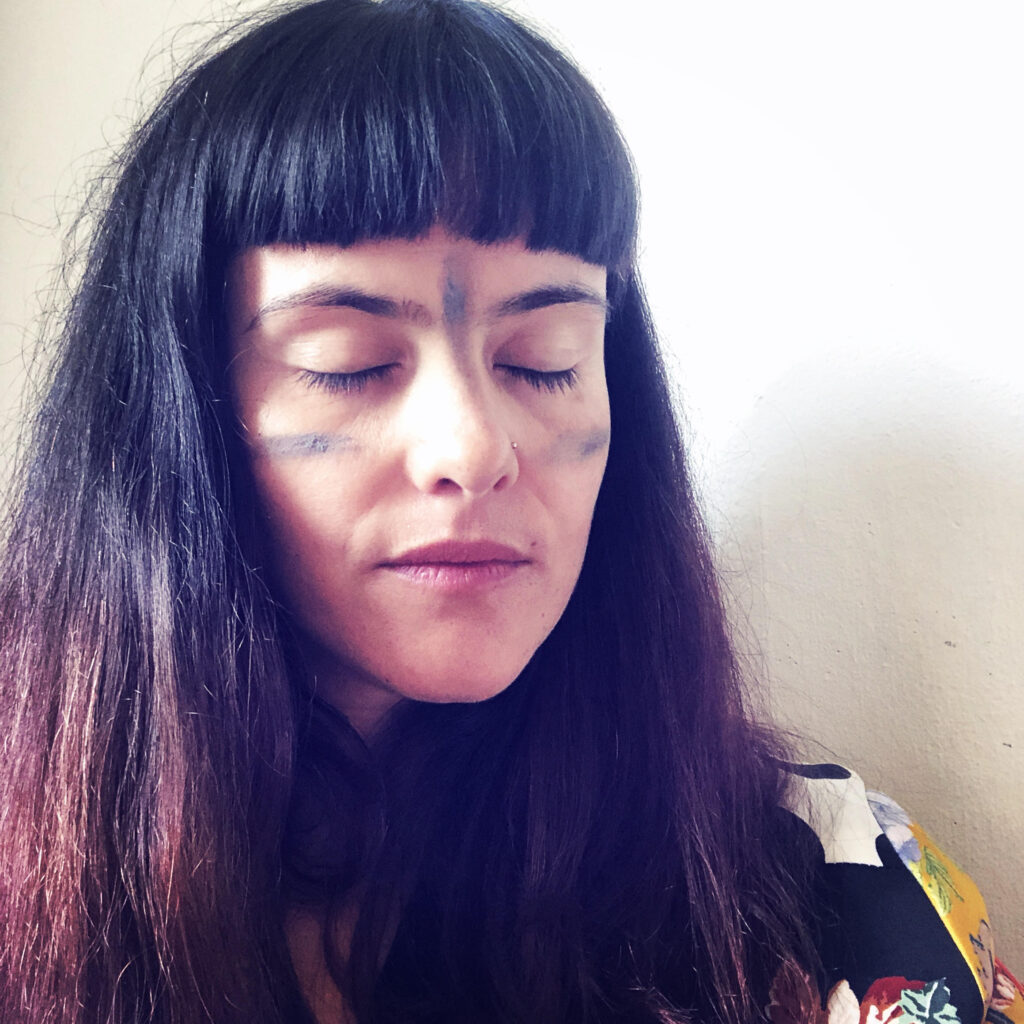
Ibelisse Guardia Ferragutti (1979)is an independent artist, performer, theatre maker, vocalist, musician and teacher in various collaborations, based in Amsterdam. The core of her work is interdisciplinary, weaving with elegance within that ‘inter space’, where disciplines fade and rhyme towards, perhaps, unknown possibilities.
She creates her own performances beside collaborating with a wide range of collectives, artists, bands and initiatives a.o. Schweigman &, Nicole Beutler projects, Bambie, Stichting dOeK, The Paper Ensemble, de Veenfabriek.
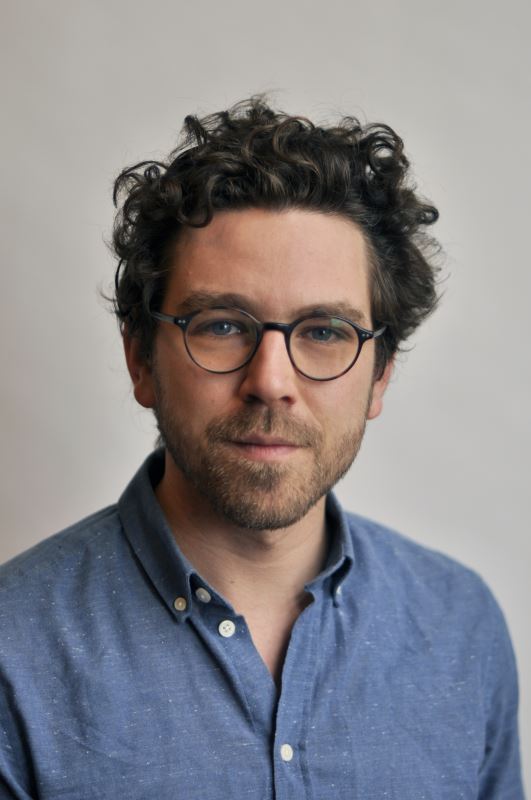
Harpo ’t Hart (1985) is curator, designer and sound artist. As a board member of the Embassy of the North Sea, he is responsible for the artistic programme.
He studied piano at the Utrecht Conservatory, Media technology at Leiden University and Sound Studies at the Universität der Künste Berlin. In his work he questions the way we listen to the world. How can we listen to our rapidly changing world? A world of climate change, a world in which electronic devices listen to us? That’s why Harpo is researching perspective on music that is not about people: a concert of things.
He has worked for the Ruhrtriennale, Münchner Kammerspiele and NTGent, among others and is a teacher at the Theatre Directing at the Academy of Theater and Dance in Amsterdam.
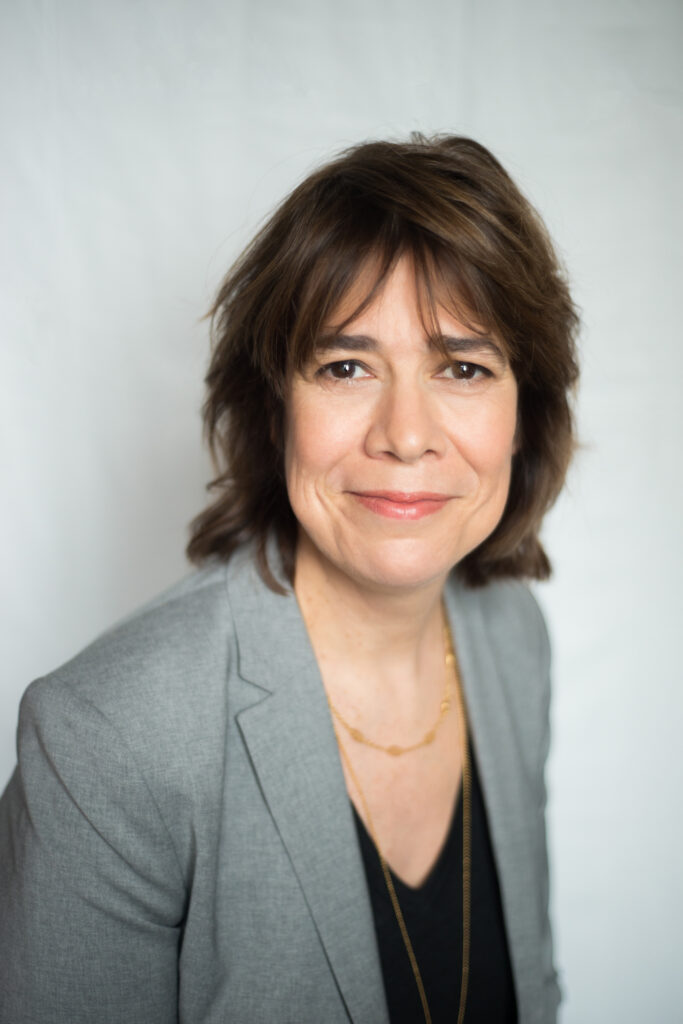
Daan Roovers studied philosophy and medicine at Radboud University. After, she became editor and then editor-in-chief of Filosofie Magazine.
Since 2015, she works as a program manager for broadcaster Human and de Rode Hoed, and she teaches public philosophy at the University of Amsterdam and Erasmus University. In April 2019 she was appointed Thinker of the Fatherland and in that position regularly appears in the media, on public stages and for groups of doctors, politicians and civil servants. She is currently working on a dissertation on public opinion.
Previously published works have been the essay Making People; New light on upbringing (2017) and the book We are politics (2019) written together with journalist Marc van Dijk. Daan Roovers is board member of the International Spinozalens Foundation.